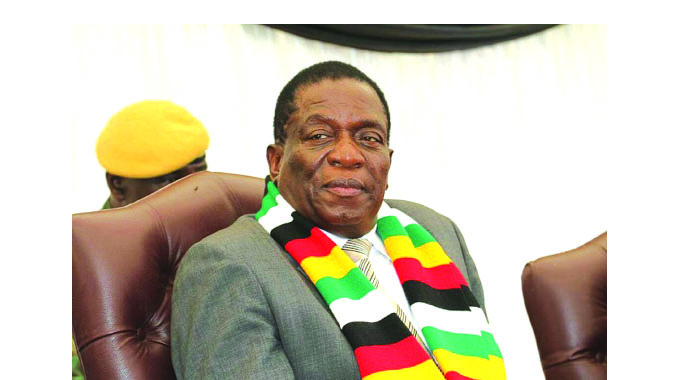IPPs urged to strike power deals with exporters

Business Reporter
INDEPENDENT Power Producers (IPPs) have been urged to enter into power purchase deals with local exporters as such contracts are more profitable, an official said.
Currently, state power utility Zesa Holdings remains the major off-taker of the power produced by IPPs, but concerns over poor tariffs have partly slowed the implementation of the projects due to viability concerns.
Most IPPs are producing power for their own use and offloading excess onto the national grid.
“As we work towards addressing issues to do with a standard power purchase agreement, which address some technical issues and off-take arrangements and Government Implementation Agreement, we encourage the IPPs, especially those involved in renewable energy to enter into off-take agreements with exporters,” Energy and Power Development secretary Eng Gloria Magomba said last week.
The Government has already engaged the Africa Legal Support Facility (ALSF) and international consultants to come up with an implementation agreement for renewable energy projects in a bid to attract investment into the sector.
The implementation agreements set out terms on, which Governments provide incentives and assistance to the prospective projects awarded to investors. The Government agreement will address issues to do with political risks, payment default risks and general Government support such as provision of land to renewable developers.
ALSF is an international organisation hosted by the African Development Bank in Abidjan, Côte d’Ivoire. It was established in December 2008 by the African Development Bank at the request of African countries and became operational in 2010.
Since 2003, African Ministers of Finance had been calling for the establishment of an institution that would provide legal assistance to African States, particularly, Heavily Indebted Poor Countries (HIPCs), to meet the challenge of litigations with creditors and the negotiation of complex commercial contracts.
The ALSF was therefore established to provide legal and technical capacity to African countries. The ALSF’s mandate focuses on providing practical, “hands-on” support during the negotiation of contractual arrangements between governments and investors.
The ALSF empowers governments with the necessary knowledge and resources to ensure balanced, fair and equitable outcomes, to ultimately improve good governance and environmental and social stewardship.
Eng Magombo said while there was growing interest in the renewable energy sector, particularly solar, concerns have been raised over currency convertibility risks, viability gaps and potential losses investors could suffer due to sub-economic tariffs.
Entering into a private power purchase agreement with exporters will help IPPs neutralize currency exposures, energy experts have said.
Zimbabwe, seeking to boost renewable energy capacity to 1 100 MW or 16,5 percent of overall electricity supply by 2025 and 2 100 MW or 26,5 percent of total supplies by 2030 in line with climate goals, needs huge capital inflows to reach the target.










Comments